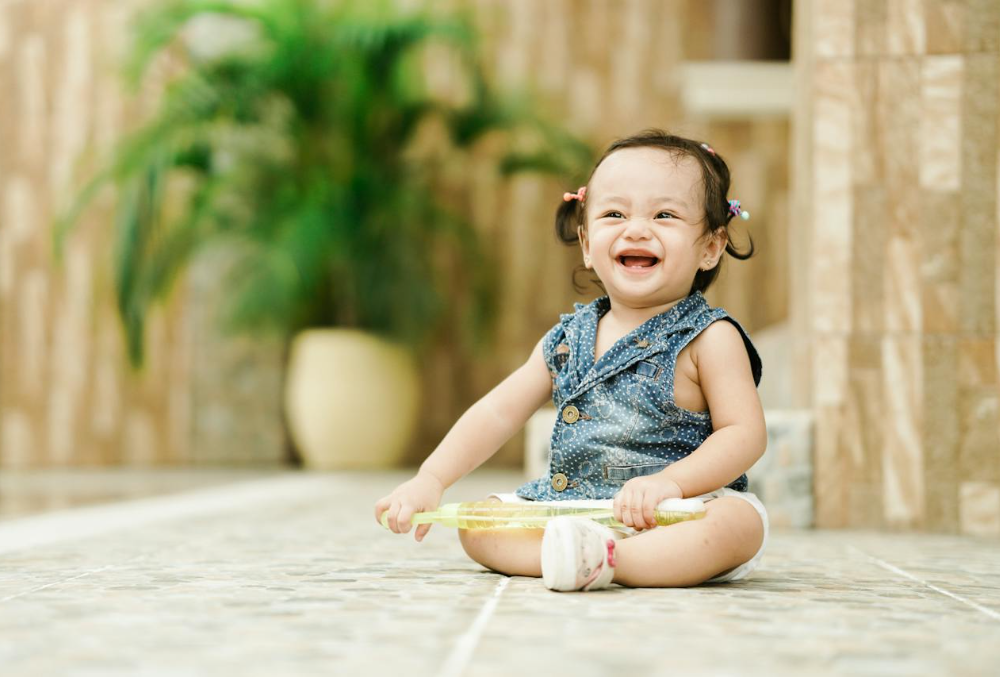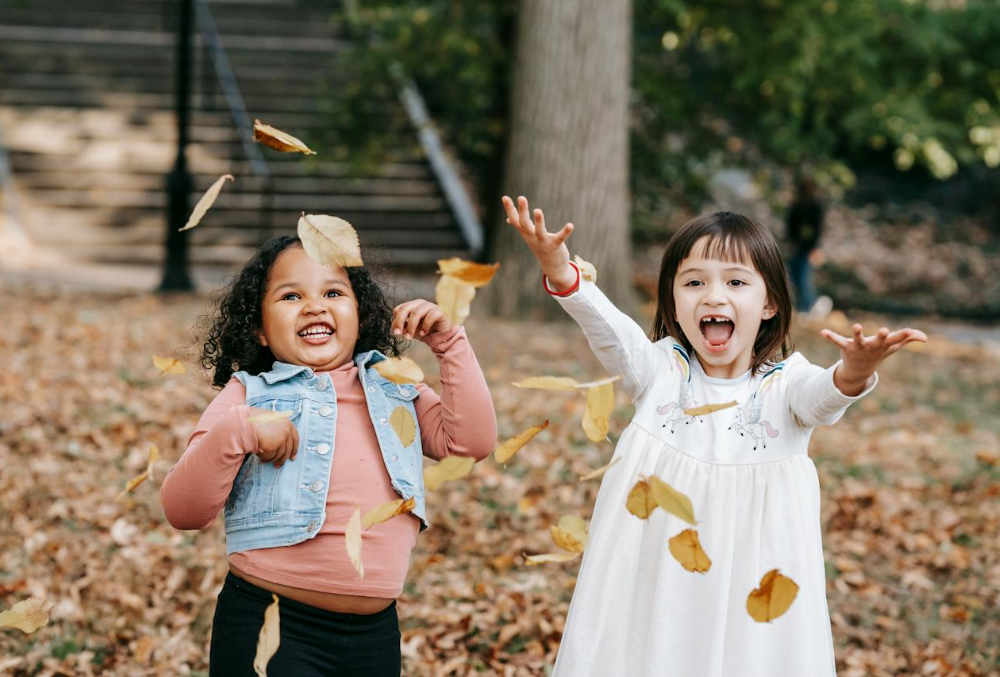
Self-regulation is a journey that begins in the heart of early childhood. It’s the art of managing emotions, behaviours, and physical responses in moments big and small—from the rush of excitement on a playground to the frustration of a challenging task. Imagine a preschooler navigating through the highs and lows of their day, learning to pause, breathe, and respond rather than react. This skill is more than just a developmental checkpoint in their childhood; it’s the groundwork for their future learning, decision-making, and social connections.
Every child’s path in mastering self-regulation is beautifully unique, developing at their own pace in a way that’s as individual as their personality. This diversity in growth is not just normal but something to be celebrated, recognising that each step, whether big or small, is an integral part of their personal and emotional development. As we delve deeper, let’s explore how we can nurture and guide our children in building this crucial skill, fostering an environment where they can thrive in their unique journey of self-regulation.
Building Self-Regulation
Developing self-regulation involves a blend of techniques and activities that encourage children to understand and manage their emotions and actions. Activities like deep breathing, role-playing, and cooperative games help children learn to pause and think before reacting, express their feelings appropriately, and handle disappointments or excitement calmly. A supportive environment at home and in educational settings is crucial for nurturing these skills. Consistency, understanding, and modelling positive behaviour play a significant role in this developmental phase, creating a safe space for children to practice and grow.
Role of Educators and Therapists
Educators and behavioural therapists in Singapore hold a significant role in guiding children through their self-regulation journey. By blending structure with flexibility in their approaches, they are able to create routines and activities that not only cater to the unique needs of each child but also foster an environment where self-regulation can be practised and refined.
However, they aren’t the only ones that set the foundation for a child’s self-regulation development—parents also play an extremely important role! In fact, this synergy drives an effective and cohesive approach as well as continuity in learning and practising such skills.
Moreover, this teamwork also extends beyond sharing and applying insights and behavioural therapy techniques; it’s also about building a unified support system around the child. By uniting the efforts and expertise of educators, therapists and parents, we build a holistic ecosystem that aims to create an environment where a child may feel understood, supported and motivated.

Real-Life Applications
The journey of nurturing self-regulation skills in a child touches every corner of their life, reaching beyond the classroom walls. Picture a preschooler, once easily flustered by unexpected changes, now adapting with a newfound resilience and calm—that’s the power of strong self-regulation skills at play. In the whirlwind of social interactions, these skills shine brightly. They help children navigate social waters with grace, allowing them to wait patiently for their turn in a game, share their favourite foods, and analyse their thoughts and feelings thoughtfully via the zones of self-regulation.
But it’s not just external; self-regulation skills are also very important for their relationship with themselves. When children receive praise or recognition for demonstrating self-regulation, it not only reinforces the behaviour but also boosts their self-esteem. Consistent encouragement from parents, teachers, and peers fosters a supportive environment where children feel valued and understood. This positive feedback loop helps solidify the self-regulation skills they are learning, making them more likely to be applied consistently across various aspects of their lives.
Celebrating Growth: Embracing Self-Regulation
Self-regulation is a journey of growth and learning, with each child progressing at their own unique pace. The techniques, support, and encouragement that children receive in their early years lay the groundwork for a lifetime of emotional and social skills. It’s a path filled with challenges and immense opportunities for growth and development. Remember, every child has the innate ability to learn and flourish; they just need the right environment and support to unlock their full potential.